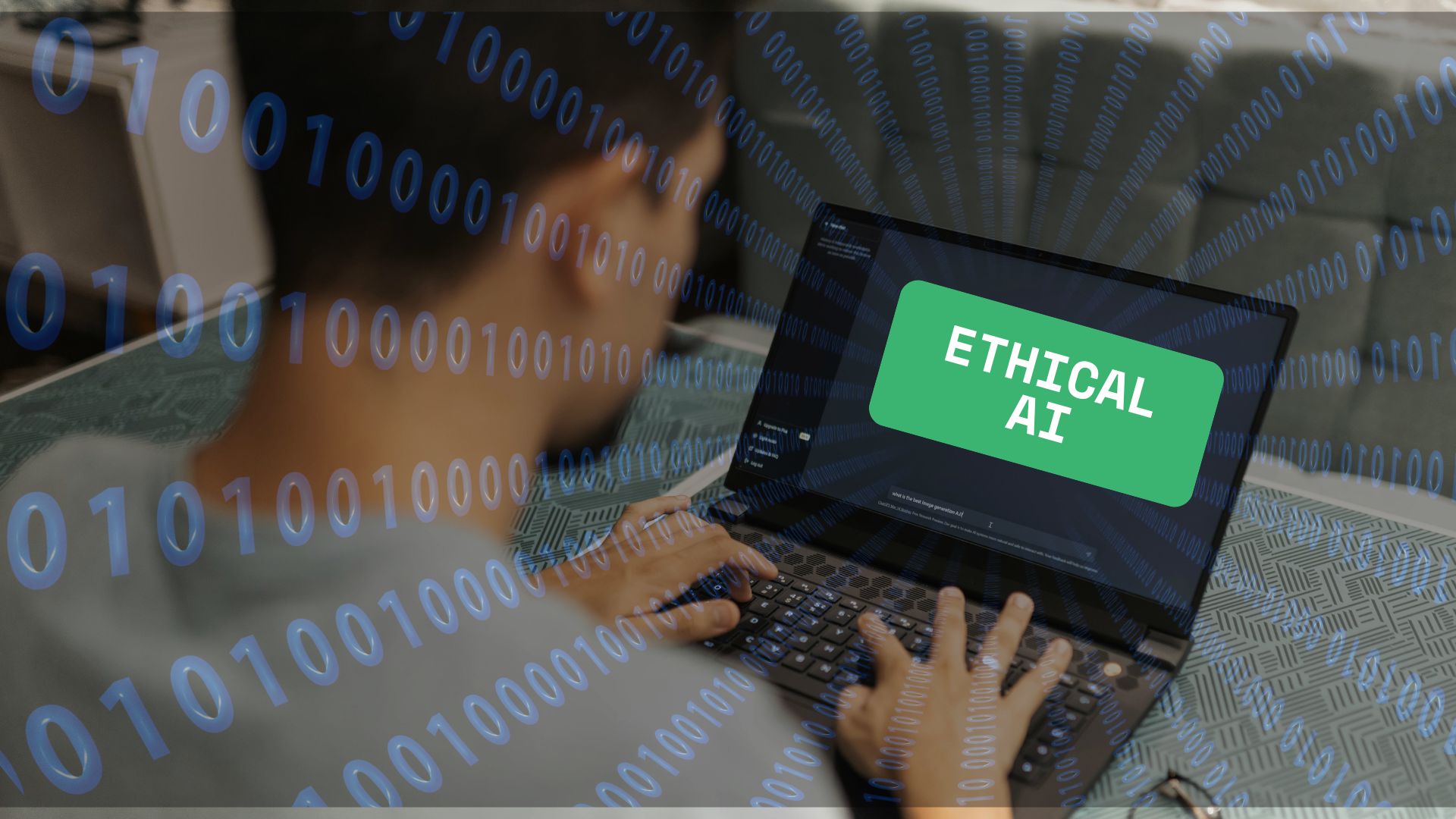Artificial Intelligence (AI) has already started to create waves in many industries, but its application in education is one of the most revolutionary fields of potential. AI will revolutionize how we learn, teach, and govern educational systems, with better learning tailored to individuals, automating administrative processes, and making better data-driven decisions. But as with any powerful technology, the application of AI in education needs to be pursued cautiously so it is ethical and in the best interests of everyone involved.
In this blog, we shall be discussing the challenges and opportunities created by AI in education and its integration into schools and educational systems globally through an ethical perspective.
Ethical Challenges of AI in Education
1. Bias and Fairness
One of the most alarming ethical concerns in AI is bias. AI tools and applications are only as good as they are trained on. The AI will show biases in its actions and decisions if the data are biased. When it comes to education, biased AI algorithms can provide unfair results, such as unfairly eliminating certain groups of students based on their gender, caste, or other factors.
For example, AI-based admission processes or grade-affecting algorithms may indirectly favor students of certain backgrounds or with certain learning styles. It could reinforce prevailing disparities and make education more systemic in its bias.
2. Privacy and Data Security
In education, AI platforms rely majorly on data collection. Information like student activity data, behaviour data, and even personal data can be transferred into AI algorithms to make learning outcomes better than usual. However, this highlights major concerns related to data security and privacy.
Educational institutions are also expected to protect students' personal data from cyber attacks, misuse, or unauthorized access. Collection of sensitive data also poses the question of consent—how much student data is being collected, to whom does the data belong, and what purposes it is serving.
3. Accountability and Transparency
Educational AI can sometimes act like "black boxes," or the decision-making is opaque and not necessarily explainable. As an example, a student might be designated by an AI algorithm as a low performer, flagged for additional support, or recommended for elimination from particular programs. But if the decision-making process behind these actions is shielded, it's difficult for teachers, parents, or students to dispute or understand these decisions.
Such non-transparency could erode faith in AI and raise questions around accountability. What if an AI system is doing something wrong or harmful? Whose fault is it? Does it belong to the developers of the system, the teachers who implemented it, or the organization that employs it?
4. Dehumanization of Education
Although AI can be highly beneficial in delivering personalized instruction and automating bureaucratic tasks, there is also the fear that over-reliance on AI will dehumanize education. Education is not merely about gaining knowledge—it is also about developing social skills, emotional intelligence, and critical thinking, all of which are helped by human contact.
AI systems could find it challenging to offer the empathetic and supportive learning atmosphere that a teacher can. AI systems failing or neglecting students' needs, challenges, and emotions can lead to adverse effects on their mental well-being as well as general learning experience.
Opportunities for Ethical AI in Education
Despite the challenges, the ethical deployment of AI in education offers a wealth of opportunities. When approached thoughtfully, AI can be a force for good in the education sector, improving learning outcomes, promoting equity, and enhancing overall efficiency.
1. Enhancing Inclusivity and Accessibility
AI can become a major enabler in opening up education for everyone. For disabled students, AI tools can assist them as never before. For instance, AI can read out text to visually impaired students, or tailor learning to learners with learning disabilities through individual learning plans.
AI can also close educational disparities among students from rural or underserved regions. AI-powered virtual classrooms can bring high-quality education to students no matter where they live or what economic background they belong to, mitigating educational disparity.
2. Personalized Learning at Scale
Personalized learning promises to revolutionize education by matching the learning process to the distinct needs, tempo, and passions of every individual learner. Through vast amounts of data, AI is able to spot individualized learning patterns so that teachers may provide customized assignments, learning material, and help.
Through the application of AI to deliver personalized learning at scale, schools can meet the varied needs of students while enhancing learning outcomes.
3. Streamlining Administrative Efficiency
By streamlining mundane administrative tasks, AI can liberate precious time for educators and administrators to concentrate on more substantial aspects of education. From grading papers to scheduling classes, AI can process repetitive tasks with speed and accuracy, taking the workload off educators.
This administrative effectiveness can lead to improved resource allocation, improved student support, and a more efficient educational experience in general.
4. Supporting Lifelong Learning
AI can enable lifelong learning by offering opportunities for people to continue their education during their working years. AI-driven platforms can provide customized, on-demand training and courses that suit each person's career aspirations and interests. This is especially important in today's dynamic job market, in which continuous upskilling is critical.
In conclusion, the integration of AI into education presents a transformative opportunity to enhance learning experiences, personalize education, and bridge gaps in accessibility. However, this innovation is not without its ethical challenges. Issues such as data privacy, algorithmic bias, transparency, and equitable access must be addressed with vigilance and responsibility. It is essential for educators, policymakers, developers, and stakeholders to collaborate in creating guidelines and frameworks that uphold ethical standards. Only through a balanced and thoughtful approach can we ensure that AI serves as a tool for empowerment rather than exclusion, shaping a future where education is not only smarter but also fairer and more inclusive for all.
Vivek K Singh
Founder & MD, SNVA Group

